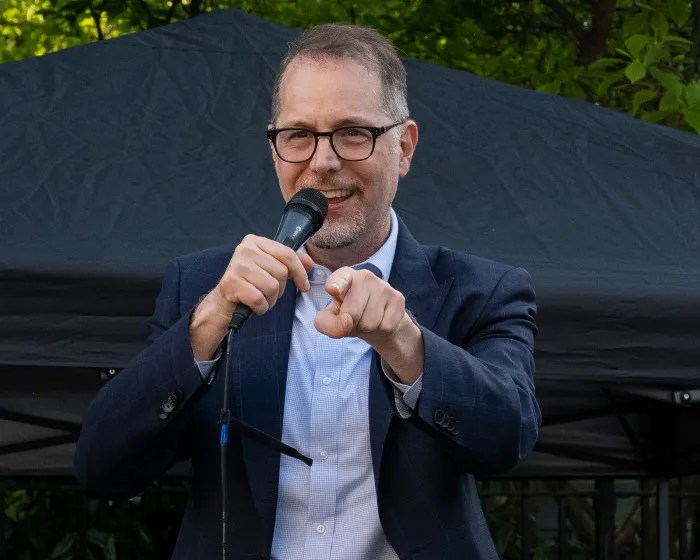The City Council overwhelmingly overrode Mayor Michael Bloomberg’s veto of its cell phone bill that would allow students to carry cell phones to school period. However, Bloomberg and the Department of Education (DOE) said it would not change their policy.
The council overrode Bloomberg’s veto by a 46-2 margin, giving parents the authority to have their children carry a cell phone with them to and from school, so that they can get in touch with their children while they are traveling.
“This is a very important measure to protect our children,” said City Councilmember Peter Vallone Jr., who chairs the Council’s Public Safety Committee. “I’m a parent of two girls in the public schools, and I know how important it is for students to have cell phones, especially when taking the bus to school.”
However, the language in the bill does not permit students to bring their cell phones into the school, a policy that the Bloomberg administration started enforcing in 2006.
“It is a bill that doesn’t change anything,” said Bloomberg when asked about the issue at a press conference on Monday, September 10. “You’ve always had the right to take a phone to school and take a phone from school, you just don’t have the right to bring it into the school and that’s not changing.”
Vallone countered that the legislation sends a message to the city on behalf of the parents as well as opens up potential legal actions for those that want to pursue it.
City Councilmember John Liu responded to Bloomberg’s comments by bringing up a larger issue - mayoral control of city schools.
“This would not be the first time the Mayor and Chancellor (DOE Chancellor Joel Klein) scoffed at city law,” Liu said. “This will certainly reflect on whether it was the right thing to do to have total mayoral control over the schools.”
Meanwhile, Councilmember David Weprin, who was one of the first representatives to speak out in favor of allowing students to bring cell phones to school, said that it is imperative for parents and students.
“[Tuesday was] the sixth anniversary of 9/11; it’s a different world we live in,” Weprin said. “There’s a lot more traveling, and we worry that in case of an emergency we want to be able to communicate with our children and them with us.”
Weprin said he believed a compromise could be reached, and Weprin mentioned the possibility of students storing their phones in lockers in school throughout the day.
Vallone was more cool to that idea, saying that students should have to turn off their phones while in school, and if they are caught using their phones, they should be punished accordingly.





























